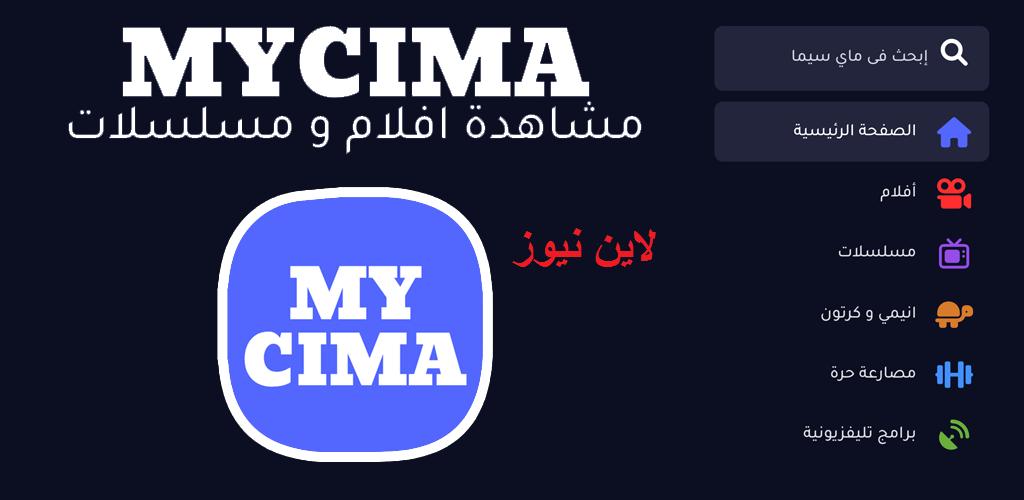The English language no doubt is our lingua franca in Nigeria, amidst a backdrop of about 250 diverse ethnic groups opting to communicate in their mother tongue. new age spiritual movies have been part of our lives since its inception in August 1903 at the Glover memorial hall. Over the years, foreign flicks have dominated the Nigerian movie market and flooded our TV screens. In the 70’s and 80’s, Indian and Chinese films had a firm grip on the movie market, especially with the fact that though the actors dialogued in their native tongue we could still follow the unfolding trends courtesy of the good subtitling techniques. The British with the James Bond 007 movies struggled against those movies. However, from the 90’s to present day, I’ve witnessed a dramatic twist in preference for Hollywood movies based not only on the use of English language as the means of communication, but also on the wider genres, cross appeal story lines, embodiment of all effects, with cutting edge technology at their disposal.
Nollywood generally embraces movies shot in the English, Yoruba and Hausa languages irrespective of the differences some have opined exist that lauds only the English language made movies to come under the ambit of Nollywood. Even the movies produced by the Hausa folks have been done under the auspices of Kannywood (which they refer to as their own movie industry) which of course is rather preposterous and an erroneous belief. Nollywood represents the entire movie Industry within the territorial jurisdiction of Nigeria and it is absurd when people subtly create distinctive platforms for Yoruba / Hausa productions.
Movies produced in English are sold rapidly based as earlier stated on the fact that they are produced in our lingua franca which majority of Nigerians can understand. They are also exported to other English speaking African countries, North America and parts of Europe. As a result the viewership base is enormous unlike those produced in indigenous languages. Yoruba movies have been on since the 70’s / 80’s, but its movies are restricted to those who are Yoruba indigenes or non-Yorubas who understand the language. Imagine producing a movie for a single tribe as against over 200, certainly only those who can speak the language will buy it, besides, poor subtitling in the movies makes it really hard to follow the story line.
Yoruba movies have the highest quantity output in comparison with movies made in other indigenous languages and follows closely on the heels of the English speaking ones. Their stories powerfully reflect their culture, traditional beliefs and heritage, which messages wouldn’t be effectively conveyed if produced in the English language. The only way they can recoup their investments and enjoy a wider audience viewership base while maintaining their Indigenous language flow is to ensure good subtitling as seen in Bollywood and Chinese movies. Defective subtitling has been the bane of the problem as most Yoruba movies (as they are loosely called), have a high level of subtitling defects including incomplete subtitled dialogues. This easily puts off non-indigenes watching the movies who do not understand the language.
Good effective subtitling is the hallmark of Bollywood movies. It is rare to watch a Bollywood movie purely spoken in English. They believe in using their indigenous language to effectively convey the message home. An Ardent believer of the Indigenous school of thought for movie productions in Nigeria, is Nollywood’s legend Tunde Kelani, the pioneer of Main frame productions. He has over the years used his wealth of experience with regards to film making to produce outstanding movies using the Yoruba language. His insistence for sticking to the use of indigenous language stems from his cultural background which influenced his childhood and growing up years.

